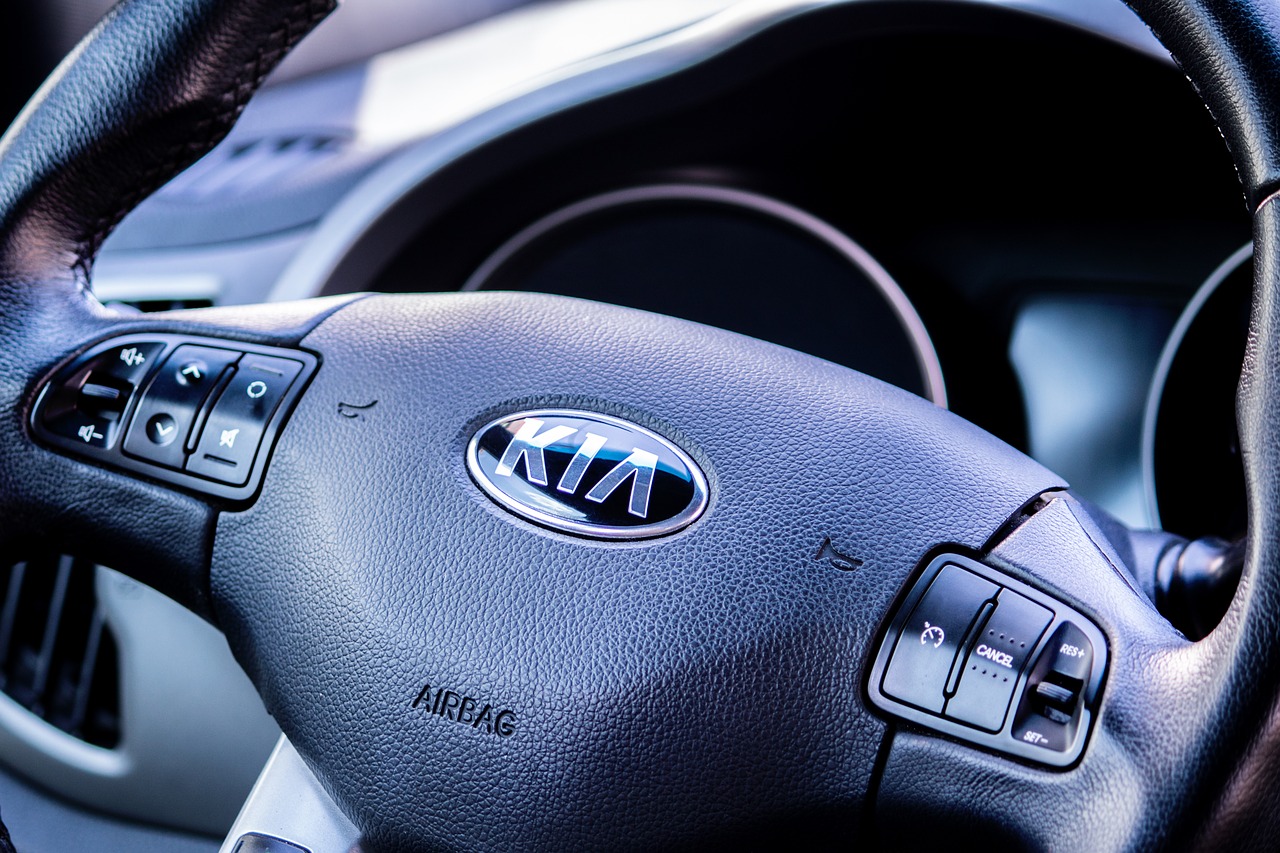Don’t let the excitement of buying and owning a new car get the best of you. Having the proper documentation in hand will help you avoid hassles down the road.
Besides buying a house, purchasing a vehicle is the second biggest expenditure most people experience in their lifetime. The 21st century has brought about a plethora of purchasing options, from the traditional car dealership to online buying services. However, as much as things have changed, you still need certain documents in order to seal the deal and drive your new ride home. While regulations in each state are a little different, for the most part these are the major requirements when it comes to legally acquiring a vehicle:
Providing License and Insurance
This may go without saying, but just in case there is some confusion, a state-issued driver’s license is required to operate a motor vehicle on the highway in every state in the union. If you are buying from a dealership, be sure your driver’s license is valid. You may be able to kick the tires and look under the hood, but you will not be allowed to test drive the car or truck of your dreams without a current license. You will also need proof of insurance when buying a new car. Again, it’s required in most states. If you already have auto insurance, be sure to have a copy of your most recent policy before heading to the dealership. In most cases, you will have up to four days of coverage once you drive off the lot. But it is up to you to notify your agent of the change. If you are purchasing your first car and don’t have insurance yet, you’ll need to purchase a policy before assuming ownership.
Paying for It
So, how are you going to pay for your new vehicle? If you have been saving up for this day and have the cash to handle the transaction, a check or straight cash will get you out the door in no time. However, if you plan on getting a loan for the purchase, there are a variety of options when it comes to auto financing, including credit unions and local banks. Arriving with your financing pre-arranged will also get you off the lot quicker, too. But, if you’re getting a loan through the dealership, prepare to be there a while to handle all the relevant paperwork. The dealership will require proof of employment, so bring along at least two of your most recent pay stubs. A list of references is also a good idea. Many automotive manufacturers offer special rebates for military members, students, and recent graduates. You will have to provide documentation proving your eligibility.
Trading Up
If you plan on trading in your current vehicle, be sure to have the certificate of title. This proves to the car dealer that you actually own the vehicle you are trading in. If you can’t find your title, a duplicate copy can be obtained from your state’s bureau of motor vehicles department for a small fee. You will also need to provide the dealer with a copy of your vehicle registration. Again, if you can’t find a current copy, the department of motor vehicles will have a duplicate on file for a nominal fee. If you still owe money on your trade-in, you will need to bring information on what institution holds the loan and also the loan account number.

Buying from a Private Party
While you may be able to get a better deal buying from a private seller, for example in the classifieds or online marketplaces, there are several steps to take pre-purchase that will help you protect yourself. The first thing you should do is get the vehicle identification number (VIN) and request a CARFAX report showing any prior accidents or water damage to the automobile. This is also a great way to obtain the service records for the auto to make sure it hasn’t gone five years without an oil change. Make sure that the seller has a clear title in hand. This crucial document will need to be signed over to you in the presence of a notary public.
Don’t let the excitement of buying and owning a new car get the best of you. Having the proper documentation in hand will help you avoid hassles down the road.


Join the conversation!